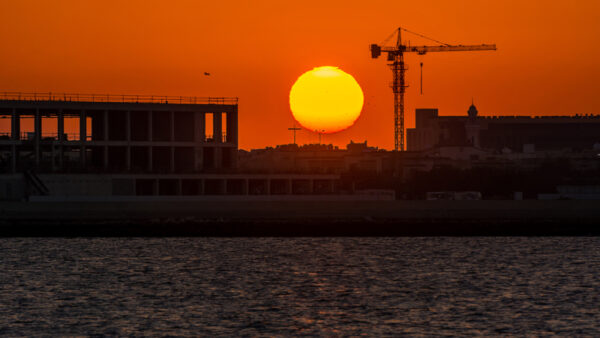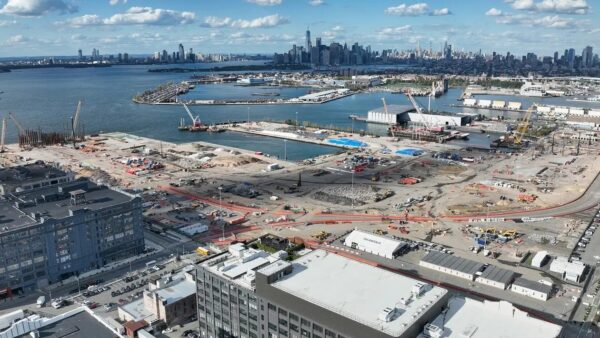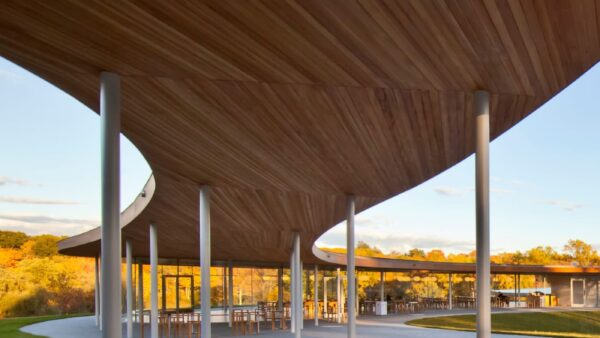Tanzanian president John Magufuli, who made infrastructure development central to his plans for the country and who involved himself in projects to an unusual and often startling degree, died yesterday in hospital from heart complications after a two-week absence from public view.
Announcing the death in a televised address, the country’s vice president, Samia Suluhu Hassan, said there would be two weeks of national mourning, BBC News reports.
The country’s main opposition leader Tundu Lissu last week claimed on Twitter that Magufuli had contracted Covid-19 and been spirited first to Kenya and then to India to escape attention after Magufuli’s controversial stance minimising the pandemic. Lissu offered no proof for his claim.
Magufuli had told Tanzanians that prayer could defeat the virus, and his government stopped publishing case data in April last year. He declared the country Covid-free in June 2020 after the US embassy warned that hospitals in the port metropolis of Dar es Salaam were overwhelmed and that the risk of contracting the virus was “extremely high” in the city.
On 20 February this year, the World Health Organisation called on Tanzania to start reporting cases and to implement public health measures, including vaccination.Â
Despite his denialist approach to the pandemic, and increasing authoritarian tendencies, Magufuli will also be remembered for his determined and hands-on championing of infrastructure as the way forward for Tanzania, and for his sometimes startling attacks on what he took to be corruption and incompetence in government infrastructure delivery.
These were topics he knew, having been public works minister before being elected president in November 2015.
Grand rail plans
That year, while he was still public works minister, a consortium of Chinese companies was awarded contracts worth $9bn to build a 2,561km standard gauge railway from Dar es Salaam to the country’s inland western borders. Months after his election, in April 2016, he was urging the Chinese ambassador to get the project started.Â
In July that year, Tanzania secured a $7.6bn loan from China to fund the grand scheme.Â
But negotiations with the Chinese were not producing satisfactory results for the president, so in 2017 he asked Turkey for help and, by February that year, a Turkish contractor and Portugal’s Mota-Engil had been awarded a $1.1bn contract to build a section of the network.Â
It was an unusual departure from form in the customary Chinese finance-construction model used in Africa and elsewhere.
Whip-cracker and amateur QS
Nicknamed “the Bulldozer” for his uncompromising approach to infrastructure schemes, Magufuli was known for his ability to recall precise details of projects, including costs and measurements, and would publicly intervene when he perceived problems.
In 2017 he alleged inflated costs at the new Terminal Three project at Julius Nyerere International Airport, a project being carried out by Dutch contractor BAM International, and ordered a probe while suspending a senior finance ministry official for her handling of the project’s procurement. He also appeared to threaten to withhold arrears owed to BAM unless the construction bill was brought down. He offered no proof of inflated costs.Â
Weeks later, angered by delays on a $13m water treatment plant that was supposed to have been finished two years previously, the president seized the passports of its Indian builders, threatening serious measures if the plant was not finished in four months.Â
Then, in November that year, Magufuli sacked two senior municipal officials after they failed immediately to recall, during a televised public gathering, their exact road construction budgets.
In July last year, the country’s anti-corruption watchdog suspended nine senior staff, including architects, construction managers and quantity surveyors, over the construction of the watchdog’s own district buildings, seven in number, after the president publicly opined that the buildings cost too much during his inauguration of one of them.Â
The modest, single-storey office was thought to have cost 148 million shillings (about $64,000), which the president believed was too much.

”I asked the prime minister and he said maybe it could cost about 60 million, but in my own view this could be even less than that,” he said.
Authoritarian tendencies
Magufuli’s authoritarian tendencies emerged in a vivid controversy in 2017 over a legacy infrastructure project.
Then, opposition leader Tundu Lissu revealed that a Canadian civil engineering company acting through a Canadian court had managed to get a US$31m Bombardier commercial airliner that Tanzania had ordered seized before it could be delivered as part compensation for $38m the company was owed for a road contract terminated before 2010. Â
The action, prompted by Stirling Civil Engineering, was taken to enforce a compensation ruling by the International Court of Arbitration.
Lissu was subsequently arrested for insulting the president.
Days later he was gunned down by unidentified assailants, survived, and flew to Kenya amid fears for his safety.
With President Magufuli’s passing, the debate begins in Tanzania over how he will be remembered.
Given the country’s economic potential, many Tanzanians will hope the next president will be as focussed on infrastructure as he was, while respecting political and civil rights enshrined in Tanzania’s constitution.
Image: Tanzanian President John Magufuli marking the start of a railway scheme in 2018 (From the Twitter account of President John Magufuli)
Comments
Comments are closed.







How many African countries can boast of their president like Magufuli? Not even my own president whom I voted for. Rest in perfect peace, President John Magufuli of Tanzania. Your people will forever miss you.